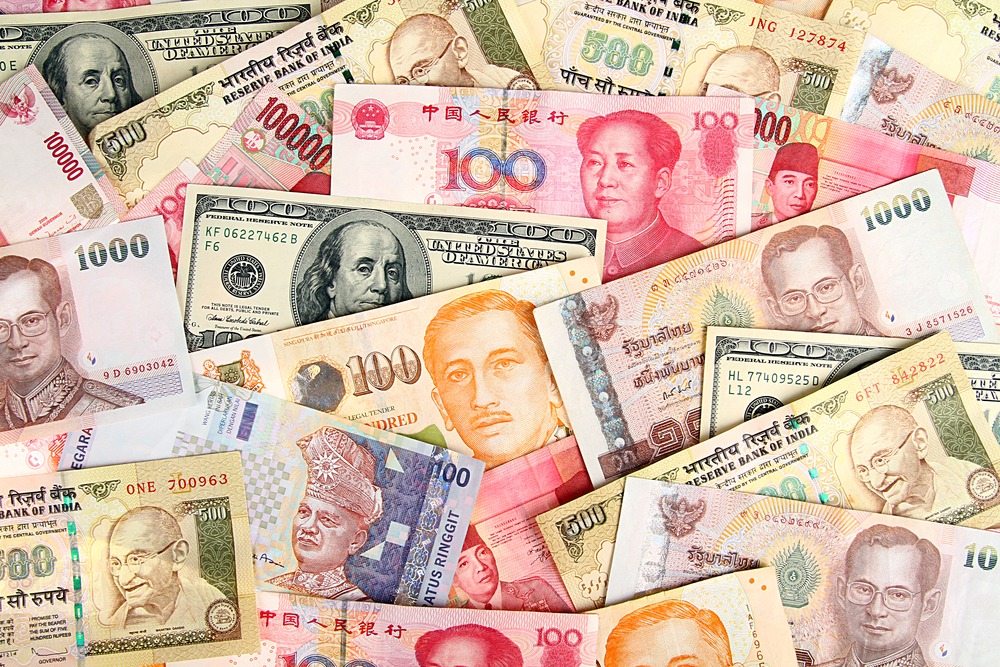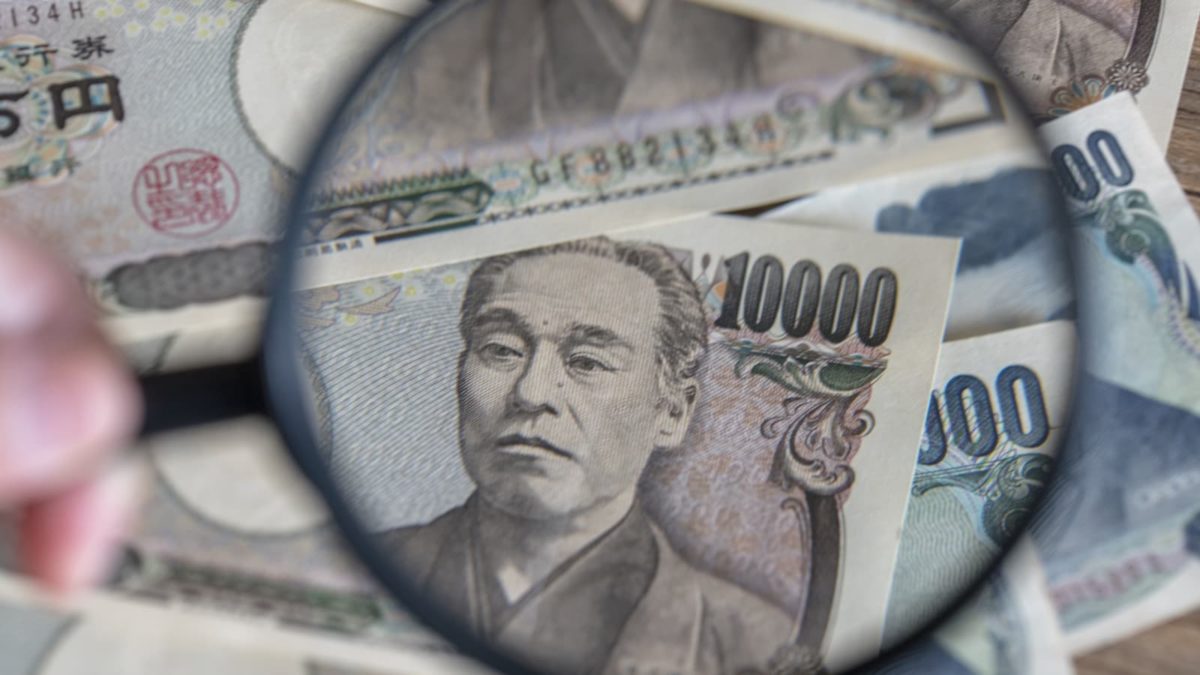Key Points
- Asian currencies experienced a decline against the dollar in Monday’s trading.
- The dollar index saw a minor rise, indicating increased strength against a basket of currencies.
- Analysts anticipate upcoming economic data releases, including Japanese CPI and Chinese PMI.
- Concerns over slowing growth in major Asian economies and US interest rate policies impact market sentiment.
- Investors remain cautious, awaiting key economic indicators and central bank actions.
In a notable shift, most Asian currencies fell on Monday, reflecting broader market uncertainties and the strengthening US dollar. The dollar index, which measures the US currency against a basket of others, increased by 0.1% in Asian trade, indicating a slight uptick in its value. Specifically, the yen struggled to gain ground, remaining well above the 150 level against the dollar and hovering near three-month lows. Similarly, the Australian dollar and South Korean won both recorded a marginal loss of 0.1%, while the Indian rupee showed no significant change. The Singapore dollar also experienced a slight decline, shedding 0.1%. Meanwhile, the Chinese yuan remained relatively stable on Monday but was close to touching a three-month low, signaling continued pressure on the currency.
Key CPI, PMI Data Awaited Amid Inflation Watch
This week is critical for market watchers, with several key economic data releases on the horizon. On Tuesday, Japan will release its January CPI data, expected to show core inflation aligning with the BOJ’s 2% target. Additionally, the US will publish its PCE price index data, the Federal Reserve’s preferred inflation gauge. Australia is also expected to release its CPI data, and China is slated to release its purchasing managers index (PMI) data, respectively. These figures are crucial for understanding the inflationary landscape and economic health of these significant economies.
Slowing Growth & Rate Policies Fuel Market Caution
Concerns over Asia’s slowing growth, especially in Japan and China, significantly influence the forex market’s dynamics. Additionally, investors are wary. Market sentiment is cautious, with investors closely monitoring regional economic indicators, especially Japanese inflation and Chinese PMI data. The anticipation of rising US interest rates has dampened the appeal of riskier, high-yielding assets in Asia. Furthermore, there’s speculation about potential government intervention in the yen to curb further losses if it breaches the 150 level against the dollar. Market observers are also wary of the pace of China’s economic recovery, impacting the yuan’s performance.
Investors’ caution intensifies due to upcoming interest rate updates, US inflation data, and economic indicators from Asia’s largest economies. Consequently, market trends will be significantly influenced by central banks’ and governments’ responses to economic changes, impacting the near term.
















